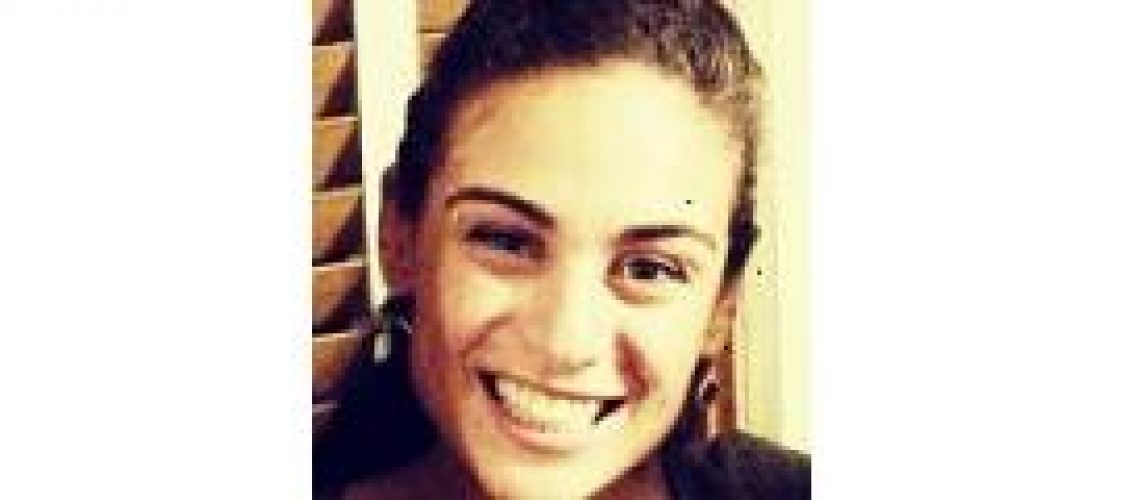by Zoe Jick, special to Israel Campus Beat
For the past two years, I have been lucky to work with a variety of college Hillels, student groups and individuals whose voices comprise the vibrant discussion about Israel that is happening on campuses throughout North America.
My job propelled me onto the front lines of campus debate about Israel. My responsibilities at the World Zionist Organization include researching and creating Zionist educational content for college campuses and facilitating educational events for college students.
Israel’s role in the Middle East is one of the most contentious issues on campus for students of all faiths. When I lead seminars on campuses, I help students clarify their thoughts, promote civil discourse and challenge stereotypes. This process has been simultaneously challenging and deeply rewarding.
At the end of January, 150 students and young professionals gathered in Miami for WZO’s Young Zionist Leadership Conference. Toward the end of our second day together, a member of our staff presented “Mumbling for Israel,” a provocative lecture that asks why American Jews find it harder than ever to speak up for the Jewish state. The presentation dives into some of the most contentious issues occurring within the Jewish community of Israel today, including problems with religious pluralism, social justice and politics.
After the lecture, I facilitated a breakout session with New York-area students to debrief the lecture. Our conversation was fraught with confusion, anger and doubt. The students recognized the problematic truths of the lecture and grappled with how to leverage their Zionist loyalties in responding to these realities. I understood how difficult it is to voice any opinion when one feels conflicted internally.
Above all, this experience reminded me of the variety of perspectives at play in the college discourse. Whether these opinions are expressed through a specific affiliation to a campus organization – say, perhaps, AIPAC or JStreet—or through an inclination not to affiliate because of a lack of nuance— the conversation about Israel on campus is often polarizing, alienating or even isolating. Because of this troubling dynamic, it is imperative that those of us who work with organizations committed to campus education about Israel be willing to listen to all of the voices calling out for recognition; all Zionist voices should be part of our tent!
This is the model for productive Zionist debate that the World Zionist Organization has embodied since 1897 with Theodor Herzl and the Zionist Congress. If Herzl and Jabotinsky were compelled to listen to one another, so should we be opening our ears on campuses.
A recent study commissioned by Repair the World and the Jewish Agency for Israel found that, counter to popular misconception, exposing young Jews to the complex issues underlying Israeli life intensifies a bond to the Jewish state. It is time for us to come together and build an open and safe space for learning, questioning and discussing the conflicts that arise in our commitments to Israel, Jewish values, democracy and social justice.
Through this process, we can find new and meaningful ways to grapple with the problematic realities facing world Jewry and the Jewish state. Jewish and Zionist tradition offer great lessons for how to constantly re-evaluate, re-navigate and re-negotiate the various ideologies that pull us in straining directions. We must continue this tradition on campuses, or we risk losing the students whose voices are so crucial to the Jewish future.
Visit http://israelcampusbeat.org for the latest Israel trends and events on campus.
For information about the Voices Fellowship , a joint initiative of the WZO, Ameinu and Bina that offers New York and Philadelphia young professional an opportunity to learn about issues of Judaism, Zionism, social justice and Israel, contact Tova Birnbaum at tovab@wzo.org.il or Hiam Simon at hiam@ameinu.net.
This article is reprinted here with permission from the author.


10 Responses
“If Herzl and Jabotinsky were compelled to listen to one another, so should we be opening our ears on campuses.” The most compelling argument for a large Zionist tent I’ve ever heard. Kol hakavod, Zoe!